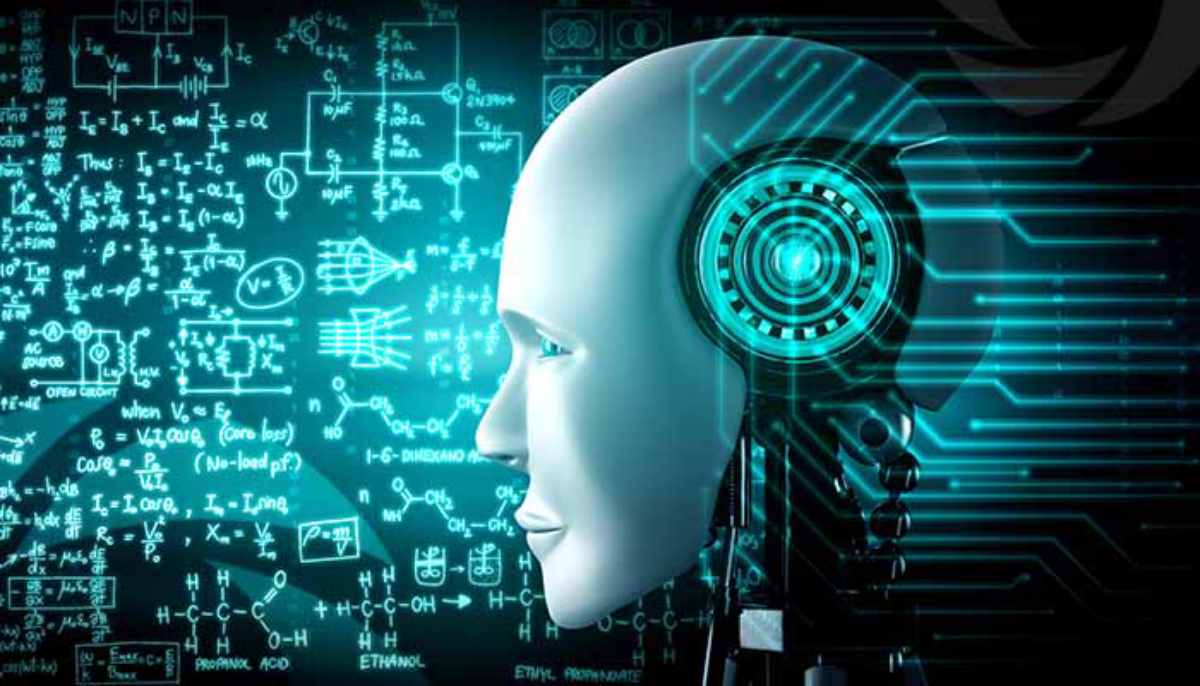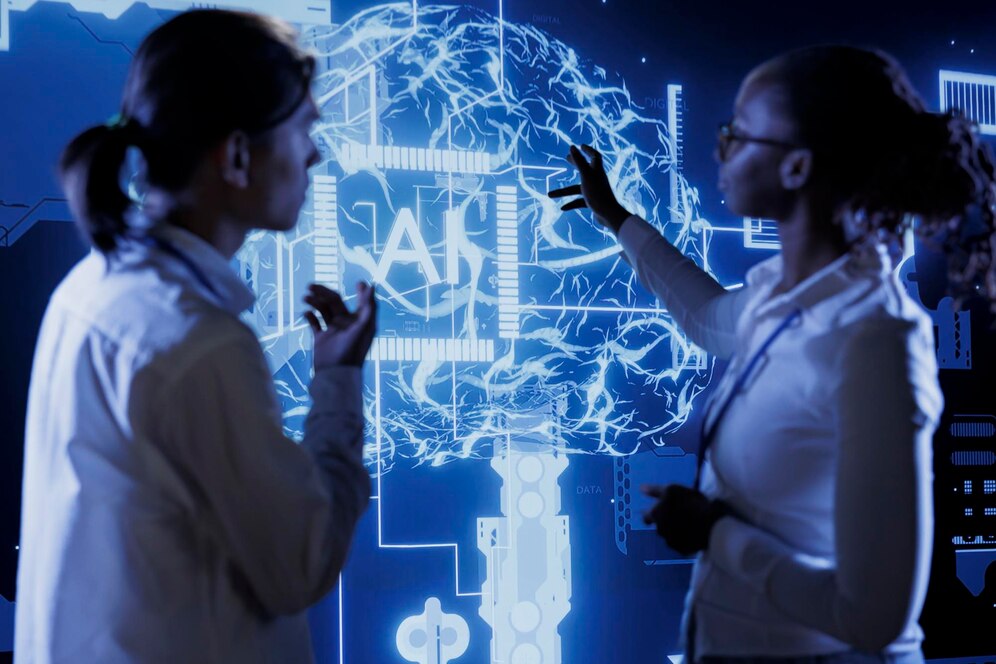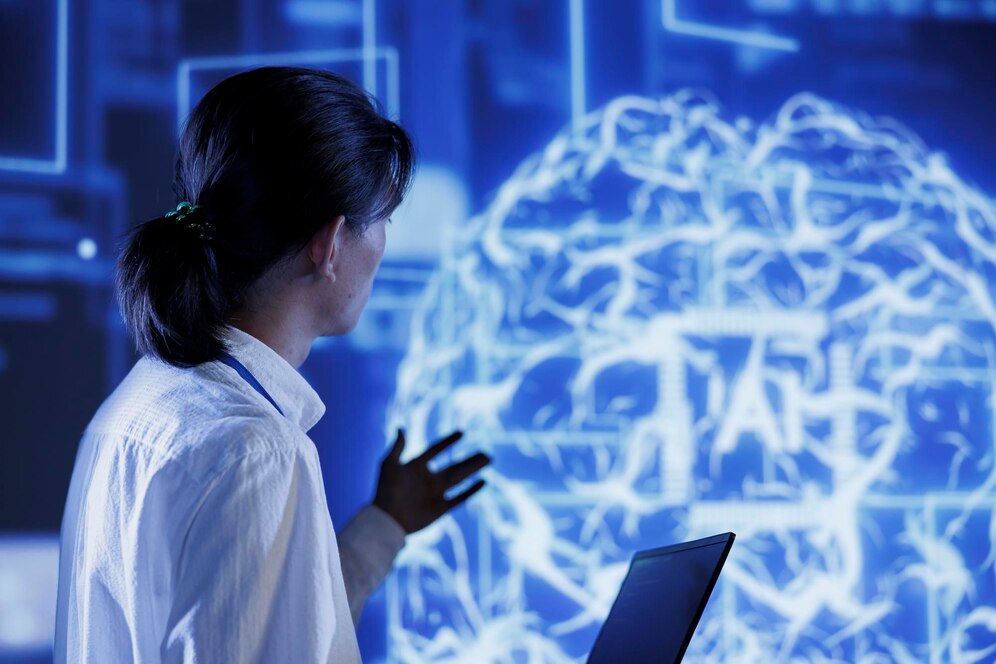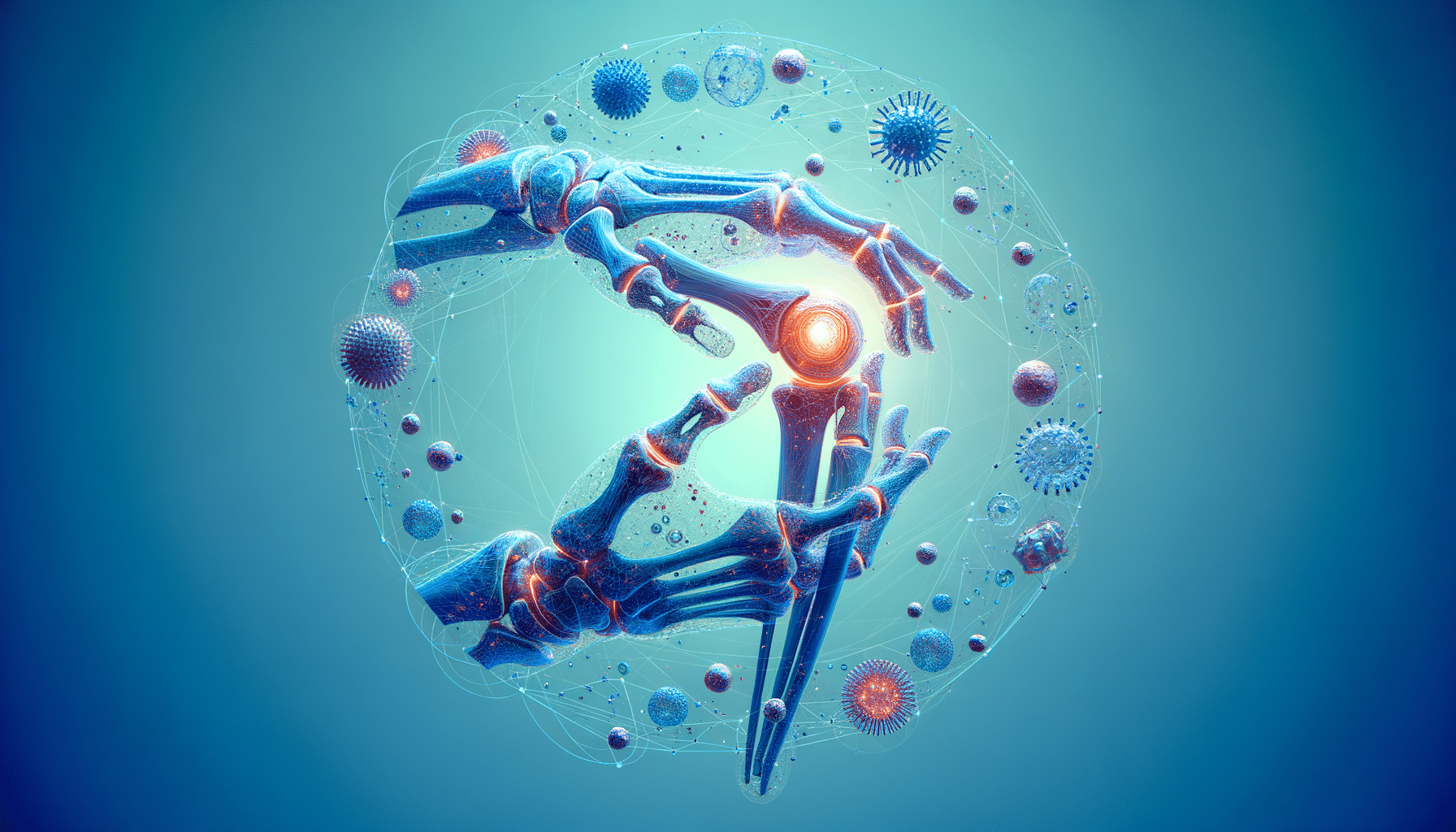
The Mystery of Consciousness: Can Science Ever Fully Explain It?
For centuries, consciousness has been a puzzle that has intrigued philosophers and scientists. What is it? Is it something that science can ever quantify or comprehend? These questions become increasingly pressing as we delve into cognitive computing and neurotechnology. This blog covers everything from consciousness studies to neurophilosophy to the thrilling possibility of AI sentience.
Consciousness is the ability to be aware of and think about our own existence, sensations, thoughts, and surroundings. As simple as this definition is, consciousness is one of the greatest mysteries in philosophy and science. This blog aims to clarify the complexities around consciousness and explore whether science can ever fully explain it.
Key Benefits / Why It Matters

Understanding consciousness is vital for both philosophy and science. Consciousness studies impact fields like artificial intelligence, psychology, and neuroscience. By studying consciousness, we can better grasp human thought, build advanced AI systems, and tackle ethical issues in technology.
Neurophilosophy connects the mind and brain. It combines philosophical questions with scientific research, and this approach is key to understanding how consciousness arises from brain activity.
The idea of AI sentience raises essential questions about technology’s future. If machines can be conscious, what does that mean for human identity and ethics? These questions make consciousness studies a vital research area in the 21st century.
Step-by-Step Guide / Actionable Insights

Understanding Consciousness: A Multidisciplinary Approach
The Philosophical Perspective
Philosophers have long debated what consciousness is. They often discuss the ‘hard problem’ of consciousness, which David Chalmers coined to explain why and how subjective experiences come from brain functions. Some believe consciousness is a fundamental aspect of the universe, while others see it as an emergent property of complex systems.
Philosophical discussions often involve concepts like qualia (individual experiences), intentionality (the mind’s ability to represent objects), and the mind-body problem. These ideas help us understand consciousness and its significance.
The Scientific Perspective
Consciousness is studied scientifically in fields like neuroscience, psychology, and cognitive science. Researchers work to find neural correlates of consciousness (NCCs), brain processes linked to conscious experiences. They use tools like functional magnetic resonance imaging (fMRI) and electroencephalography (EEG) to study brain activity and its connection to consciousness.
Neuroscience has made strides in understanding consciousness, identifying brain regions linked to self-awareness and how neural networks contribute to perception. Yet, the ‘hard problem’ remains unsolved as the subjective nature of consciousness continues to challenge scientists.
The Role of AI and Cognitive Computing
As cognitive computing and AI grow, the question of AI consciousness becomes more relevant. Can machines be conscious, or is it only a biological trait? AI systems can mimic human thought in areas like language and pattern recognition, but true consciousness is still out of reach.
Some experts think consciousness could emerge in advanced AI systems, while others argue it needs biological processes found in living beings. The debate on AI sentience emphasises the need for ongoing exploration of consciousness and its role in technology.
Additional Expert Tips & Common Mistakes to Avoid
When studying consciousness, take a multidisciplinary approach that combines insights from philosophy and science. Avoid limiting your view to one discipline, as this can lead to incomplete conclusions.
Another standard error is equating consciousness with intelligence. While related, they are different. Intelligence is about learning and problem-solving, while consciousness is about self-awareness and subjective experience.
Advanced Insights / Expert Recommendations
Researchers should create models that integrate ideas from various fields to deepen our understanding of consciousness. This can connect philosophical inquiry with empirical research, leading to better insights.
Additionally, examining the ethical implications of AI sentience is crucial as technology evolves. Researchers and policymakers must consider the consequences of creating conscious machines, including autonomy, rights, and societal impact.
Will Science Ever Solve the Mystery of Consciousness?

Consciousness is arguably the most fascinating subject in philosophy and science. Although we’ve made strides in understanding its neural and cognitive underpinnings, the so-called ‘hard problem’ remains an intractable challenge to researchers. With the curtain pulled back on consciousness, we need interdisciplinary work between philosophy, neuroscience, and cognitive computing.
As technology matures and we discuss the possibility of AI sentience, we must also discuss ethical considerations and societal consequences. Only open dialogue and collaboration across disciplines can help us better understand consciousness and its influence on humanity’s future.
What do you think about the mystery of consciousness? Will science ever fully explain it, or will it remain a puzzle? Share your thoughts and join the conversation on this captivating topic.


